In an interview with the Times of London, Dune: Part Two director Denis Villeneuve said what makes him remember films is “a strong image…pure image and sound, that is the power of cinema.”
Dune: Part Two is a glorious ode to that concept, a stunning tribute to the gravity that can be conveyed on the silver screen solely through sound and picture. Never before has a movie articulated such an enormous scale, where you can see an entire planet’s population shift in an instant.
If you think I sound like a starry-eyed kid that just walked out of a candy shop, you’re probably not far off. Here’s some context: I’m an enormous fan of the Dune series. I’ve watched the first movie at least five times and read the original book twice — I’ve also read the sequel, Dune: Messiah and the third book, Children of Dune. I follow an account on X, formerly Twitter, which consists of a robot tweeting out randomly selected quotes from the original book. It’s safe to say I went into the showing — the first possible screening available in IMAX — with extremely high hopes and expectations.
Perhaps my years of hyping the movie got to my head, but when the film began it slowed considerably in comparison to my expectations, taking me at a trot when I was ready to drop into a dead sprint. I had to remind myself: this is the same Denis Villeneuve who made movies like Arrival and, well, the first Dune. I had to keep my faith. As Princess Irulan, played by Florence Pugh, says to the emperor of the galaxy, who also happens to be her father, it is important not to undercut the power of faith. I was quickly rewarded for my faith.
If the film was only the scene where Timothee Chalamet’s Paul, the protagonist of the story, rides a sandworm for the first time, it would still be one of the best I’ve ever seen. Fortunately, it comes with an entire movie attached to it. Legendary composer Hans Zimmer really flexes his muscles at this portion, with his bombastic score enveloping you, enclosing you into the whirlwind of sand that Paul struggles to break through.
The tension is unbreakable. The camera closes in on his nervous yet determined eyes, reminding you that amidst all the talk of a Messiah, Paul is still a boy. When he finally rises up, bending the Fremen’s holy worm to his will, the full weight of what just happened hits the audience at the same moment as it does to the native leader, Stilgar, played by Javier Bardem: unforeseen power is here, and it is inexorable.
Obviously, a movie is nothing without its actors, and Dune: Part Two has zero blind spots in that department. Returning faces excel: Rebecca Ferguson as Jessica, a newfound Reverend Mother torn between her duties as a mother and as a servant to the Bene Gesserit. Josh Brolin as Gurney Halleck, now an older man weathered by the desert but still faithful to his Duke (and regretful, albeit unnecessarily) of his failures during the massacre in the first part. Of course, Chalamet is a fantastic Paul. He is unrecognizable even from the beginning of the second part to the end, transformed by a bitter resignation to his destiny from the sincere, scrawny boy the audience once knew.
The real stars of Dune: Part Two are Chani, played by Zendaya, and Feyd-Rautha Harkonnen, played by Austin Butler. Butler’s sinister, calculated villain constantly makes the viewer uncomfortable to even look at him, and you will wish you could back up from the chalk-white slate of his face. Chani, Paul’s love, takes on a much different direction than from the book, but it is fabulously executed regardless. Her deep care for Paul is quickly prevalent, but replaced by a prioritization of her people, and it is impossible not to sympathize with her impossible situation.
Although his decisions and actions become far colder at the end of the movie once the realization hits that there is no other way to rally the Fremen, it is difficult not to root for Paul. His brazen displays of Messiah-like power harness the aforementioned incredible scale of the movie, spreading like wildfire among the religiously fanatical Fremen, and I found myself hunched forward in my seat, energy surging through me like I was about to pick up a crysknife and fight for the Lisan al-Gaib as well. What follows is one of the greatest scenes I’ve ever watched, as Paul — now known as Muad’Dib to the indigenous people — leads the attack on his enemies. The sheer scope of the battle is unquantifiable, and the plethora of different weapons and methods of attack don’t even allow the viewer to blink without missing something crucial. If it sounds like I’m being intentionally vague here, I am. You simply must watch the movie again for this scene to have the same effect on you as it did on me, because I cannot find a way to put it into words.
No movie is perfect (except Interstellar) and Dune: Part Two had its share of mistakes. While the pacing rectifies itself quickly, I still found the opening part of the movie a little slow for comfort. Some performances did not impress me. Bardem’s Stilgar became an unexpected source of comic relief, an awkward transition of personalities for the once-grizzled, skeptical leader. Christopher Walken carries the exact sort of regal air needed to play a cosmos-dominating ruler, and yet his performance as the Emperor left me feeling like I was missing something.
His disdain for Paul was that of an older neighbor watching the local kids hit wiffle balls into his yard, not the most powerful man in the galaxy seeing his reputation and bloodline crumble before his eyes. Although the writing for Walken and Bardem’s characters was an oversight, they do not detract from the film, as the supporting cast is strong enough to keep anyone high enough above water to stay dry.
I entered Dune: Part Two expecting a redefinition of science-fiction, and that’s exactly what I got. I heard comparisons to parts of the Star Wars series before watching, and felt like that comparison was doing a disservice to Dune, which grips the genre like never before. Its command of characters and environments was so seamless that it’s unnoticeable, and it sets the bar simply too high for anyone without one of the greatest pieces of source material of all time. In a few decades, people will be saying that the newest sci-fi flick on the block has a chance — unlikely, but still a chance! — to become any director’s Dune: Part Two.






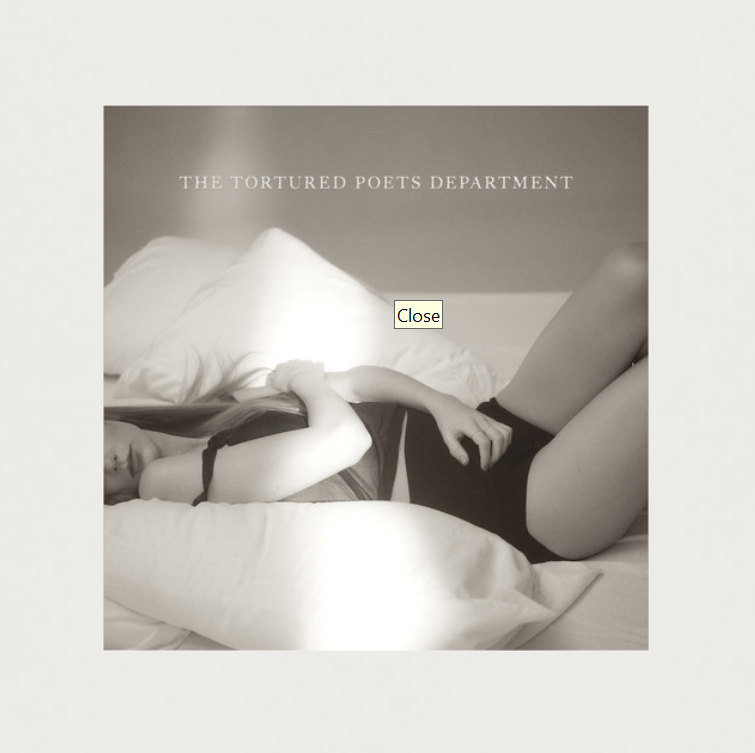
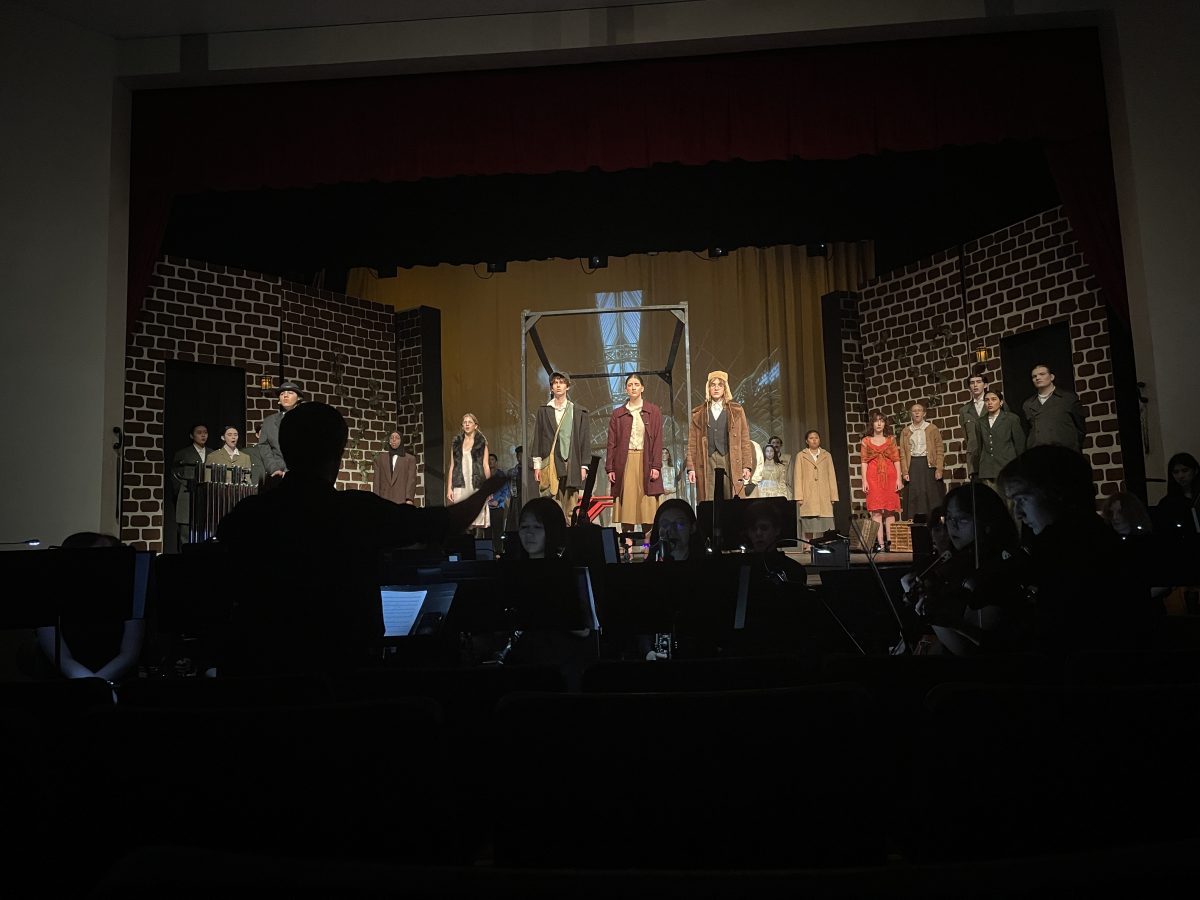
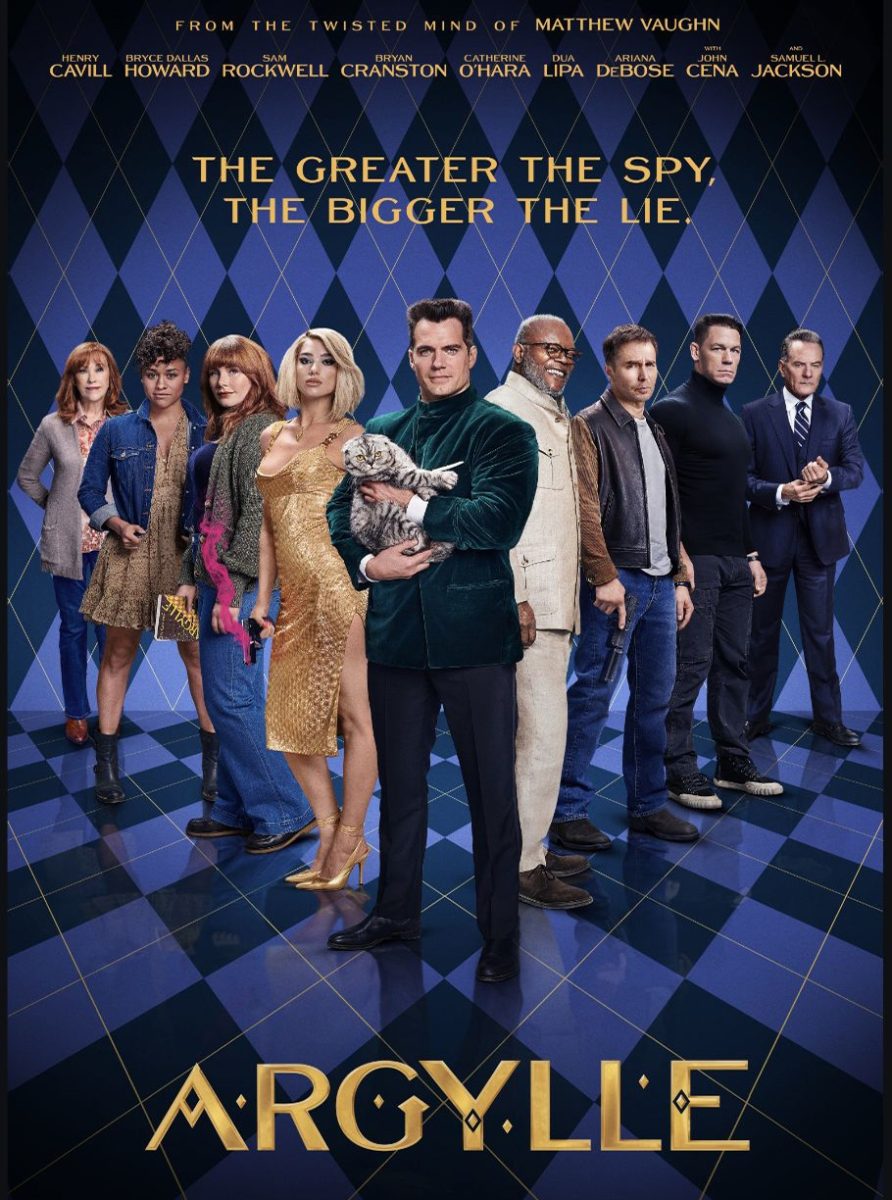

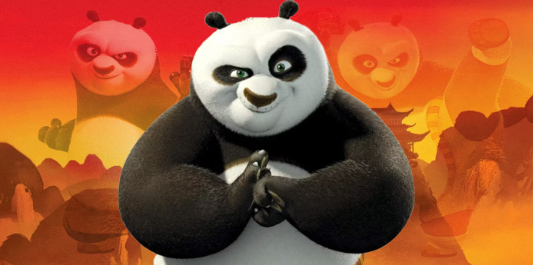

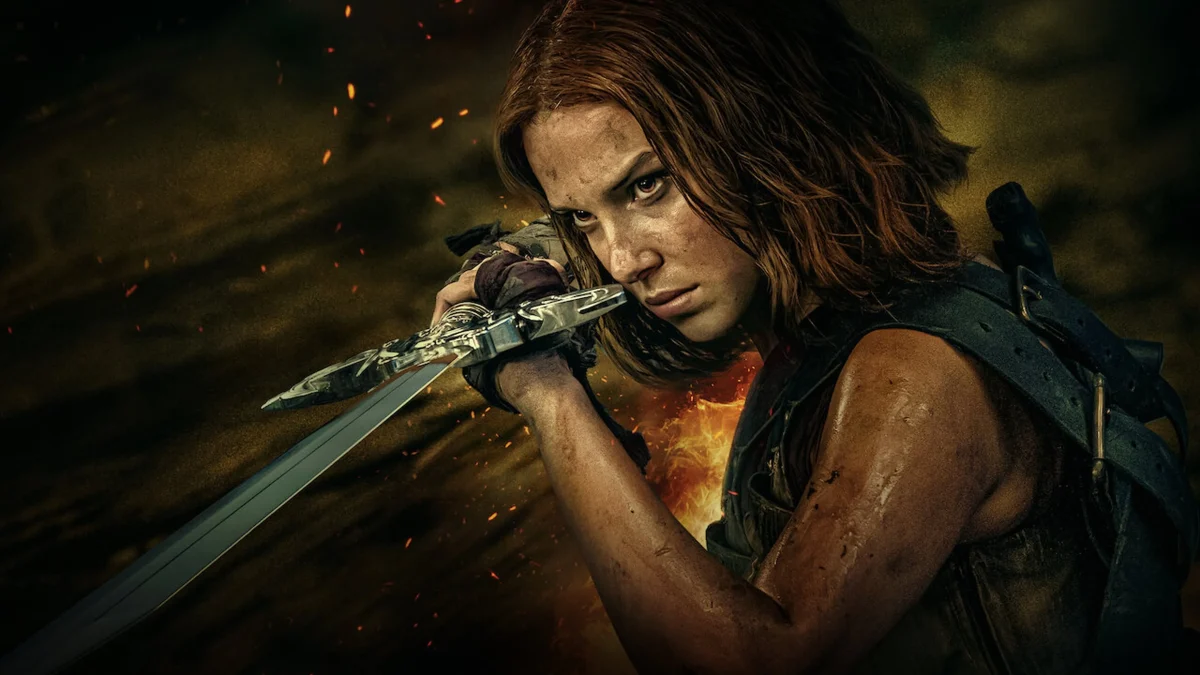



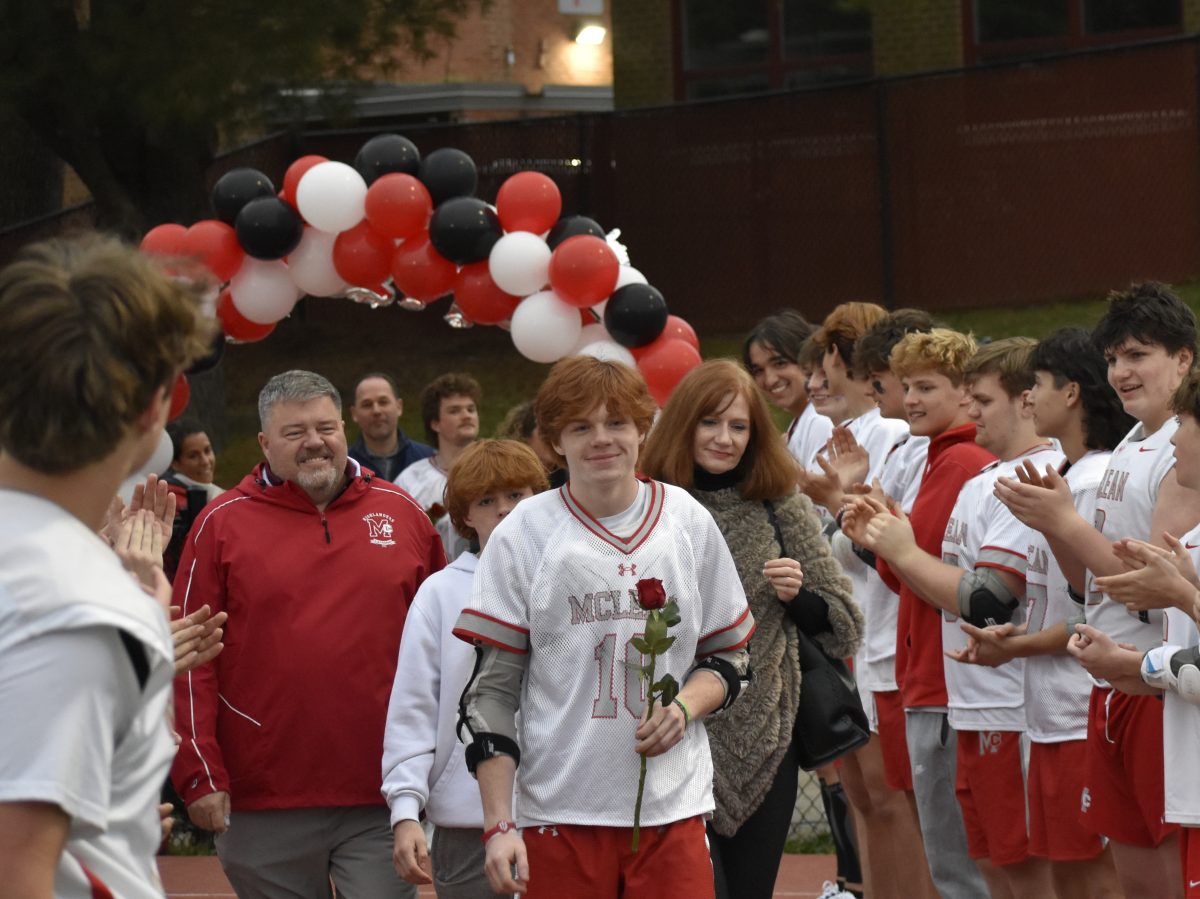
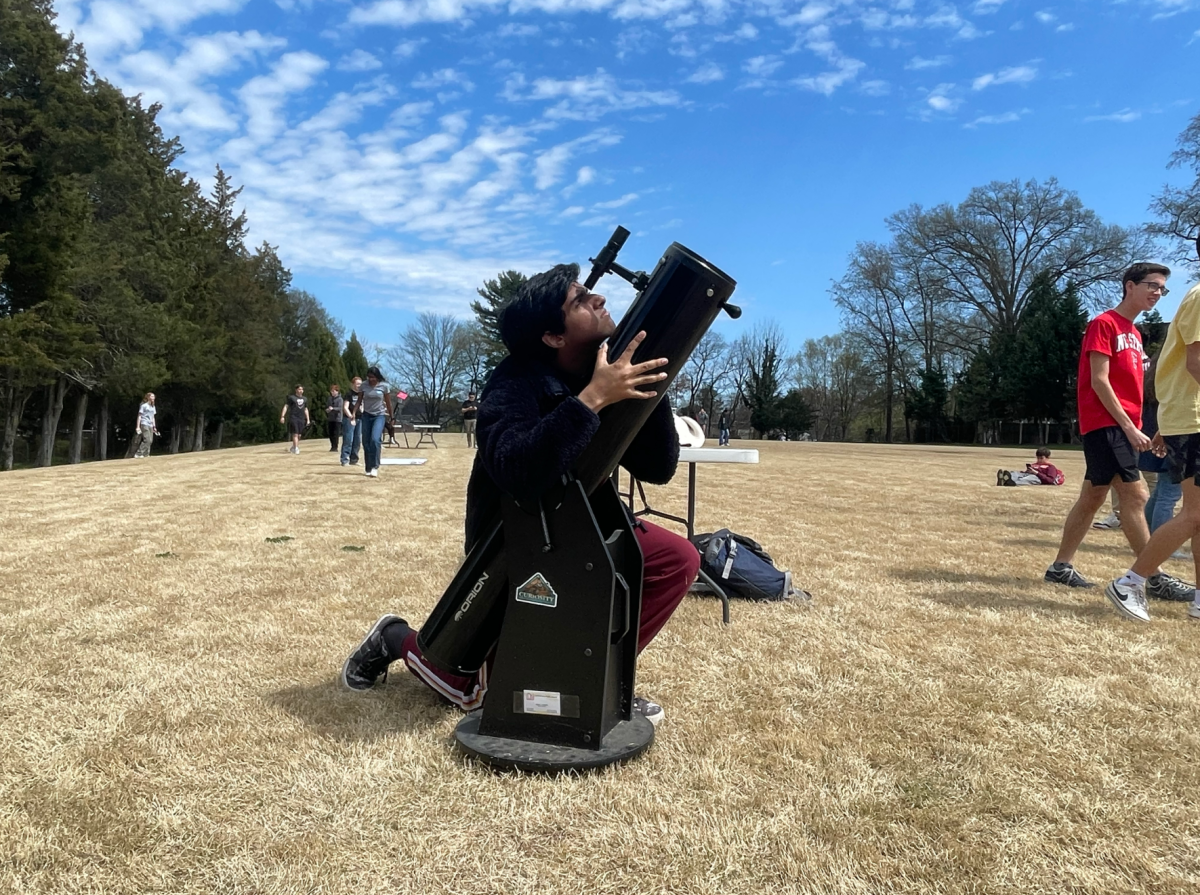
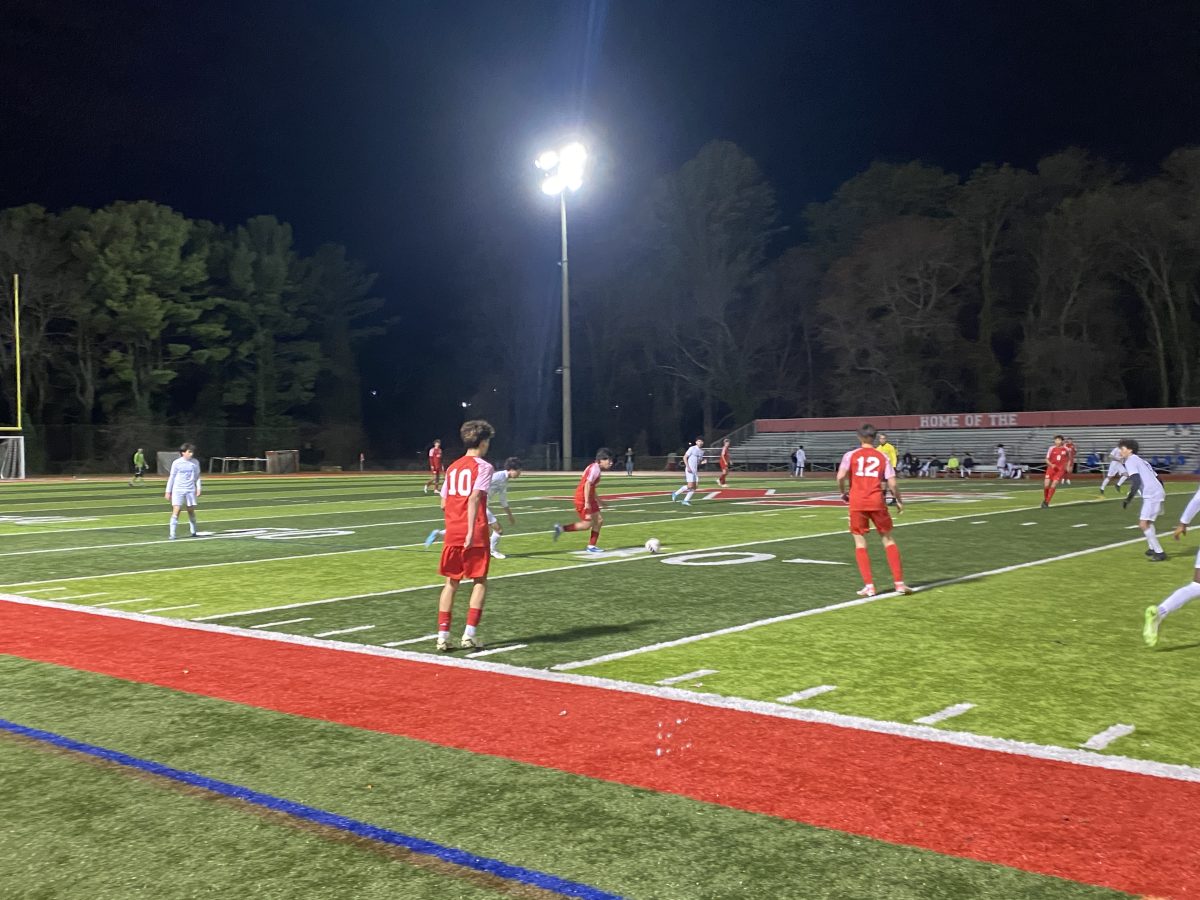
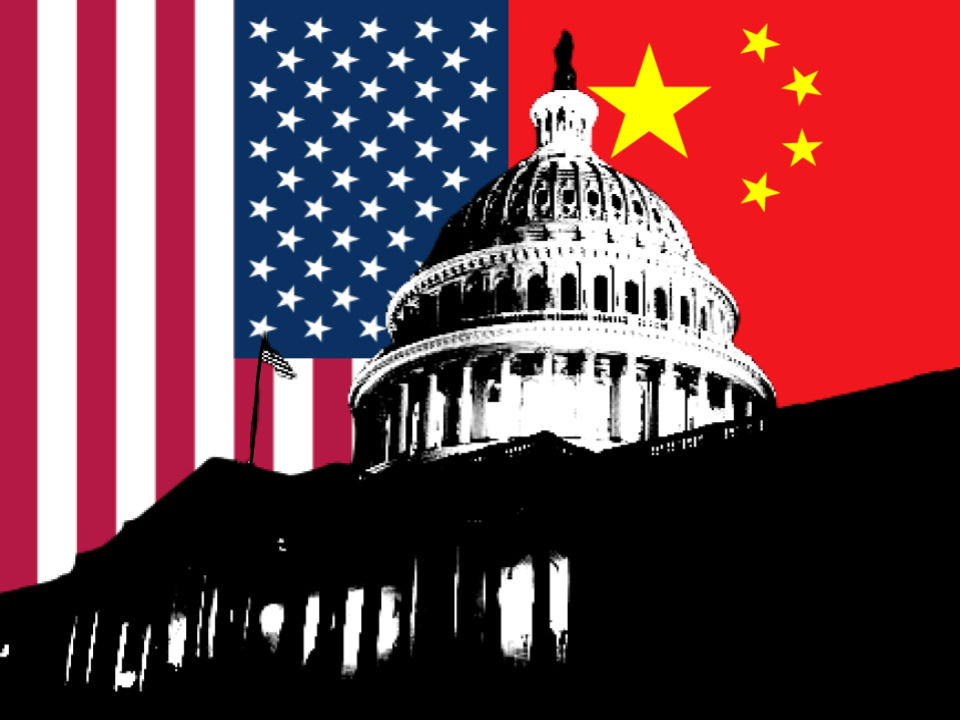
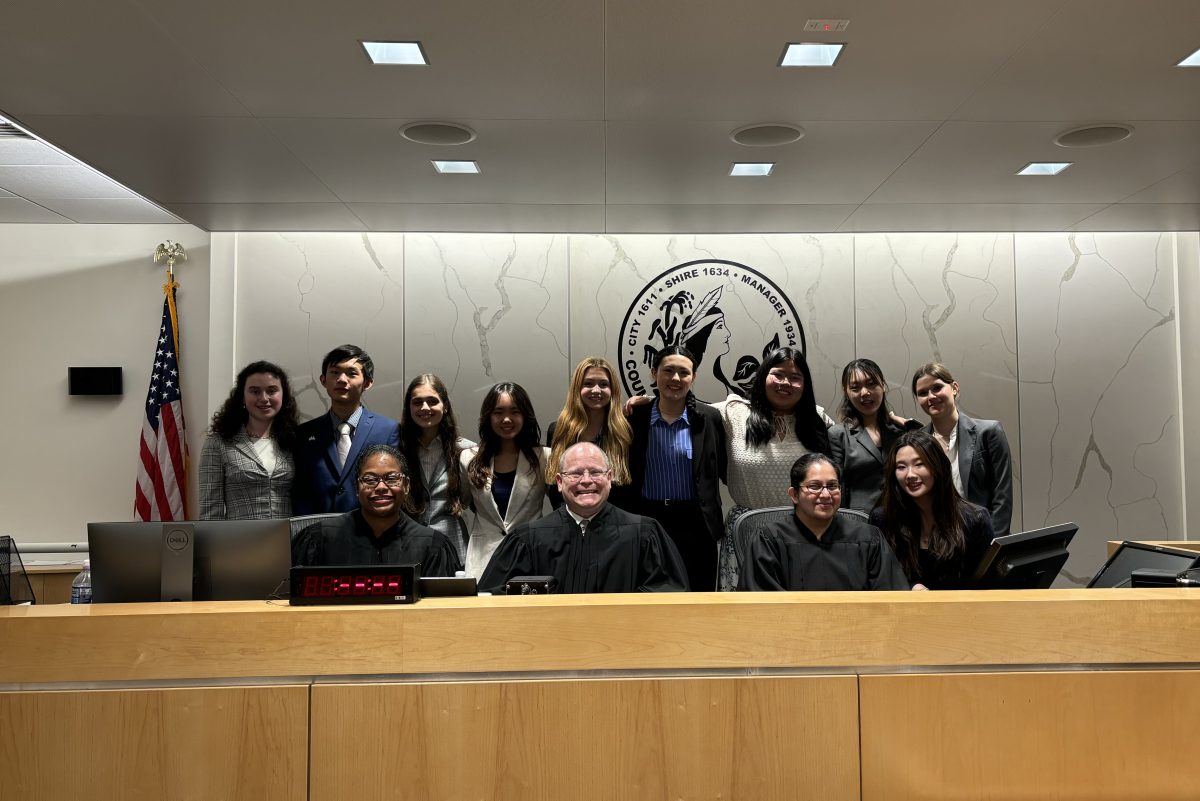
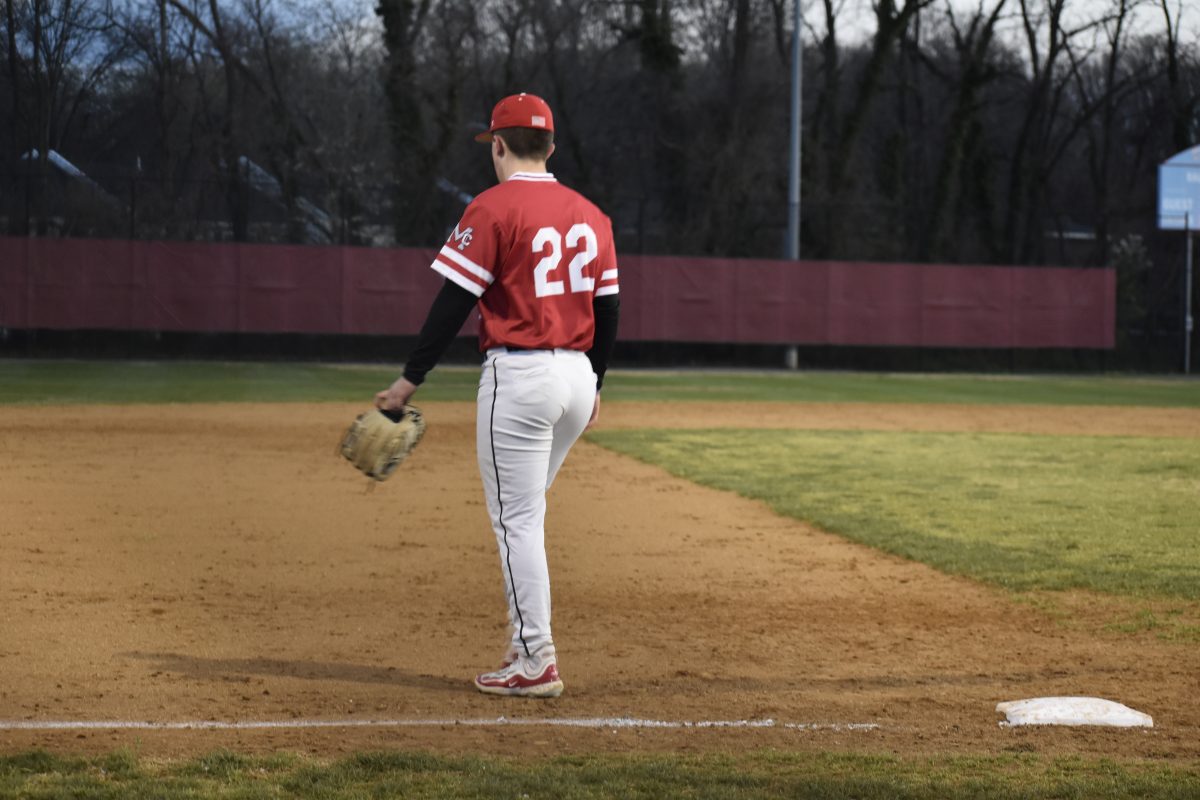
Stan Komorowski • Mar 6, 2024 at 11:20 am
I was disappointed when Dune was pushed back from November. Been waiting with anticipation and it was definitely worth the wait. I loved part one but part two was in my opinion one of the best sequels of all time. Maybe the best. I thought the beginning of the movie really dug deep in how the Fremen lived in the desert. I liked how it explained so much more. I also LOVED the scene when Paul rode the worm. Amazing.
Also, when Paul told the Bene Geseret to silence and she jumped back gave me chills. I also can’t say enough about this movie.